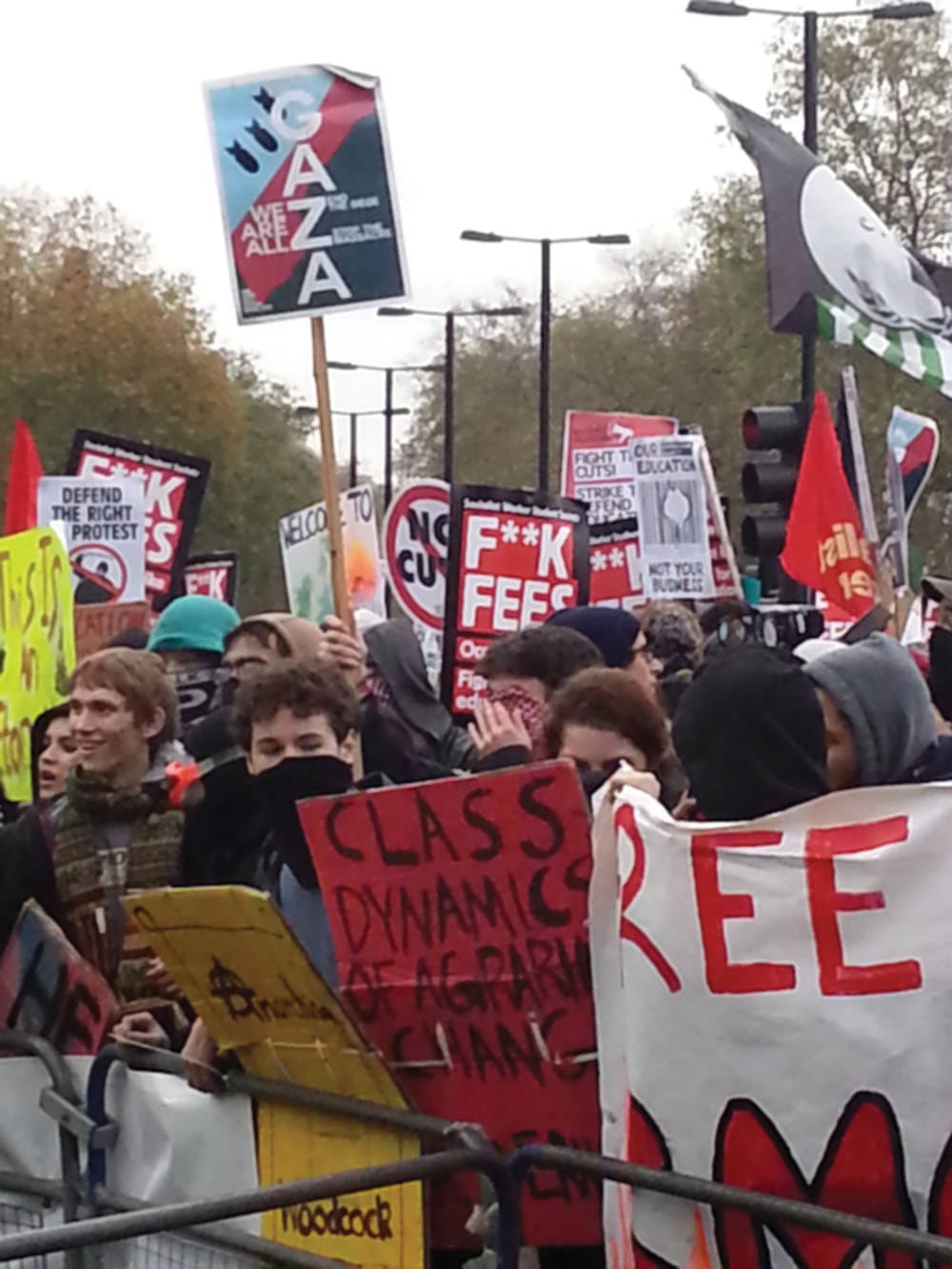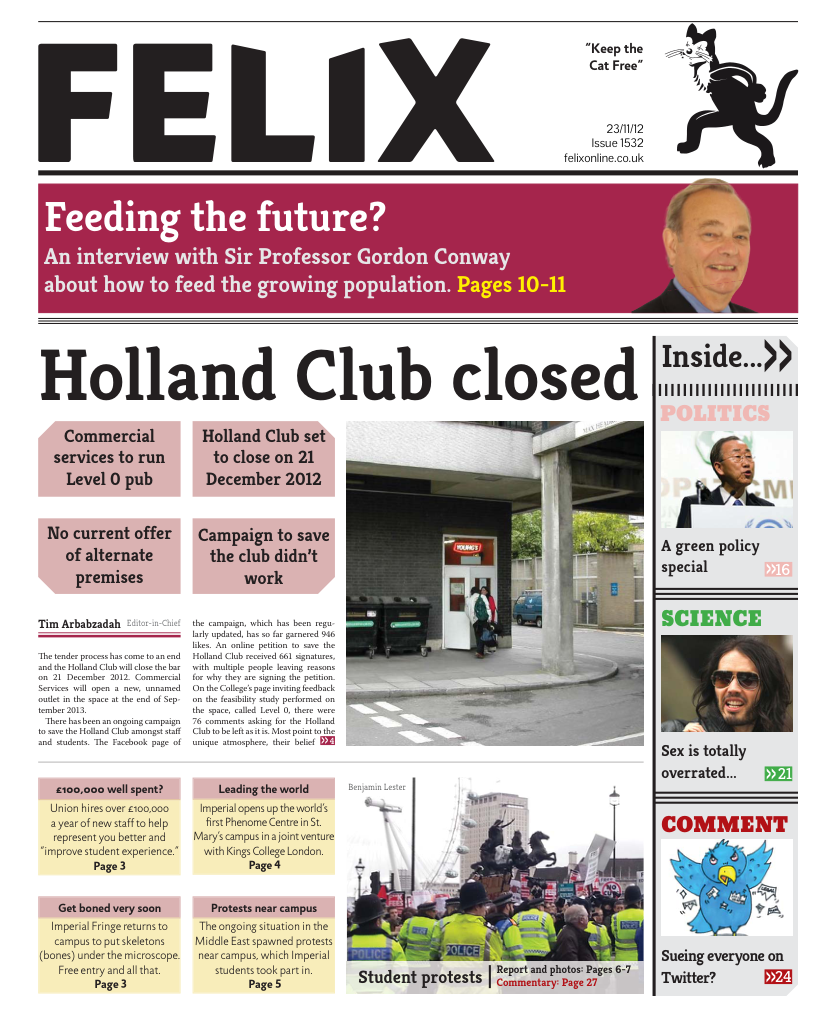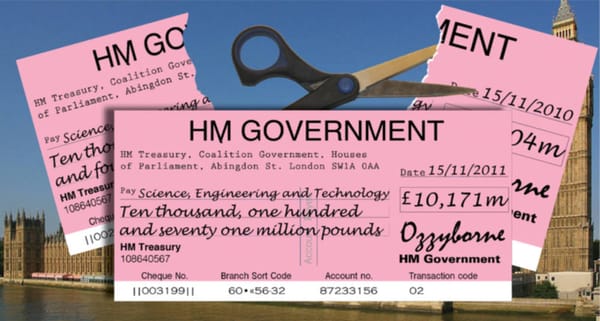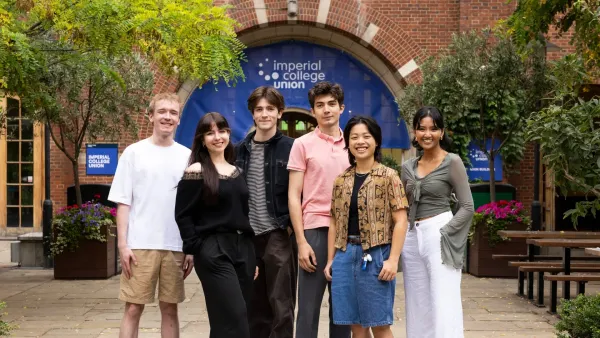Student protest march held in London on Wednesday
Read the title: sums it up...

Last Wednesday, 21 November 2012, saw thousands of students marching through the streets of London to protest the rising cost of education. Dubbed “Demo 2012”, the demonstration, arranged by the National Union of Students (NUS)expected to have 10,000 attendees. The demonstration by the NUS passed through central London from the Embankment before heading south of the river at Westminster. Police refused to make an estimate of the crowd. However, it was estimated that between 3,000 and 4,000 were involved. Bad weather was cited as a reason for the lower than 10,000 attendance. This is still a much lower figure than the 50,000 strong crowd of two years ago when the protests occured over raising Tution Fees.
Liam Burns, NUS President, said that “education should open doors, but the government is slamming them shut,” He went on to say that “the damaging effects of recent changes to education have restricted access for future students and created new barriers for those currently studying,” With current 1st years now paying up to £9,000 per year for Tuition Fees, the aim of the protest was largely to put education back on the political agenda, highlighting issues such as the impact caused by the new higher fees and reduced financial support. The lack of job opportunities for young people was also highlighted.
The mood on Wednesday was generally calm, with the Metropolitan Police reportedly only needing to quash one small riot. Their so-called “total policing” ensured that no other riots got under way during the march. However, the internal mood of the NUS could not be said to be quite so calm with many rally-goers feeling betrayed by the NUS and their President Liam Burns for not managing to stop the initial rise of fees.
A final rally in Kennington Park saw Burns heckled and pelted with eggs by the thinning crowd as he made his speech. Shortly after, his stage was invaded by some of the aforementioned disgruntled students. Burns was not dismayed, adding, “It was just a bit of a distraction. I’m not going to get particularly bogged down by a few people who want to shout in a rained out park.” Students feel their point was made with attention drawn to higher fees and the impacts from them. Imperial College Union did not send any representatives.
Why I didn't march
George Howard
So it would appear that yet another student march has passed with little incident. Aside from mild scuffles at Westminster, yet another ill timed NUS effort to exercise mass havoc upon the streets of London has failed.
Championing the mantra of socialism yet again, it seems to be an awful case of déjà vu. It seems that
Championing the mantra of socialism yet again, it seems to be an awful case of déjà vu
the organisers simply didn’t have the time to bother thinking up any original points to mention. It was just the standard regurgitation of the fact that Nick Clegg lied, there are no jobs, and apparently universities are more expensive than they used to be.
Rather than marching to Parliament Square to hear Prime Minister’s Questions, I’d much prefer to enjoy them from the comfort of my personal abode. Notwithstanding this, I really don’t believe that such a march will achieve anything. The national media have drastically reduced coverage of such barbaric events (quite rightly) and the reason for this is simple: no one really cares. Its about time the likes of Liam Burns (NUS Tsar) growup and stop engaging in such childish pursuits.
As for me, I think I’ll have another cup of tea. Beats standing in the rain...
Why I did march
Luke Sheldon
The commodification of education that the introduction of £9000 fees accelerated drains learning of true enjoyment. Instead of expanding our thoughts and horizons, being lost in our interests, we are merely studying for employment. No longer do we study for pleasure, but to obtain a piece of paper that by increasingly slimmer chances allows us to sit in an office for the rest of our lives.
Although the name of the demo demanded ‘Educate. Employ. Empower’, I was instead marching for a truly free education. Not only one that we do not pay for (both fees and living) but also where the
I was... marching for a truly free education... where the learning is liberated and critical
learning is liberating and critical in both content and practice. Not only is our education system exclusionary in terms of money and elitism but it also in this process of wrapping itself in its ivory tower excludes important ideas and it fails to look at society in a critical way.
And funding is intertwined with this lack of freedom in what we learn. If we do not fund education properly it increasingly becomes influenced and driven by industry. Education becomes about maximising profit for multinationals with no thought for the consequences instead of working towards a better society – which education has the potential to do.







